Introduction
Coughs, whether dry or productive, can significantly disrupt daily life. They often accompany colds, flu, allergies, or even chronic conditions like bronchitis. While over-the-counter medications and prescription drugs are common treatments, many people prefer natural remedies due to their perceived gentleness and fewer side effects. One such remedy that has stood the test of time is the use of fresh loquat (Eriobotrya japonica) to brew tea for cough relief. Loquats, known for their sweet and slightly tangy taste, are not only delightful fruits but also possess medicinal properties that can soothe irritated throats and alleviate cough symptoms. This article delves into the intricacies of how to prepare fresh loquat water for cough relief, exploring its benefits, preparation methods, and tips for optimal effectiveness.

Understanding Loquats and Their Medicinal Properties
Loquats, native to China, have been cultivated and used medicinally for centuries. The tree produces edible fruit, leaves, flowers, and even the bark, each part offering unique health benefits. The fruit, in particular, is rich in vitamins A and C, dietary fiber, potassium, and antioxidants. However, it’s the leaves and the bark that are traditionally used to treat respiratory ailments.
Loquat leaves contain triterpenoids, flavonoids, and phenolic acids, which exhibit anti-inflammatory, antitussive (cough-suppressing), and expectorant properties. These compounds work synergistically to relax bronchial spasms, reduce mucus production, and facilitate the expulsion of phlegm, making loquat tea an excellent choice for soothing sore throats and alleviating coughs.
Benefits of Fresh Loquat Water for Cough Relief
-
Natural Cough Suppressant: The active compounds in loquat leaves can effectively suppress cough reflexes, providing relief from persistent coughing.
-
Expectorant Properties: By thinning and loosening mucus, loquat tea helps clear the respiratory tract, making it easier to cough up phlegm and breathe more comfortably.
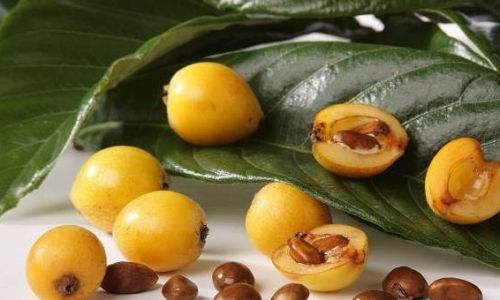
-
Anti-Inflammatory Effects: The anti-inflammatory properties of loquat leaves can reduce inflammation in the throat and bronchial tubes, soothing irritation and discomfort.
-
Rich in Antioxidants: The antioxidants present in loquat fruit and leaves help boost the immune system, aiding in the recovery from respiratory infections.
-
Gentle on the Body: Unlike some over-the-counter medications, loquat tea is gentle on the stomach and does not cause drowsiness, making it suitable for use during the day.
Preparing Fresh Loquat Water for Cough Relief
While loquat fruit can be enjoyed raw or cooked into various dishes, it’s the leaves that are primarily used for medicinal tea. Here’s a step-by-step guide to brewing fresh loquat water for cough relief:
Materials Needed:

- Fresh loquat leaves (preferably young, tender leaves without pests or spots)
- Clean water
- A pot or kettle
- A strainer or cheesecloth
- A teapot or heatproof container
- Honey or lemon (optional, for taste)
Step-by-Step Preparation:
-
Collect Fresh Leaves: Choose fresh, young loquat leaves from a healthy tree. Avoid leaves that are wilted, damaged, or have spots, as they may contain higher concentrations of unwanted compounds.
-
Rinse Thoroughly: Wash the leaves under running water to remove any dirt, dust, or pesticides. Pat them dry with a clean cloth or let them air-dry.
-
Boil Water: Fill a pot or kettle with clean water. The amount of water depends on how much tea you intend to make. For a standard-sized teapot, about 4-6 cups of water is sufficient. Bring the water to a rolling boil.
-
Add Leaves: Once the water is boiling, carefully add the rinsed loquat leaves. The general ratio is about 10-15 leaves per liter of water. However, you can adjust this based on the strength you prefer.
-
Simmer Gently: Reduce the heat to low and let the leaves simmer in the water for about 10-15 minutes. This allows the active compounds to infuse into the water. Avoid boiling vigorously, as it may破坏 (destroy) some of the beneficial nutrients.

-
Strain the Tea: After simmering, remove the pot from heat and let it cool slightly. Use a strainer or cheesecloth to remove the leaves from the tea. Ensure all leaf fragments are removed to avoid a bitter taste.
-
Taste and Sweeten (Optional): Loquat tea has a naturally mild, slightly sweet flavor. If desired, you can add a teaspoon of honey or a slice of lemon to enhance its taste and further soothe your throat.
-
Serve and Enjoy: Pour the tea into cups and enjoy it warm. For maximum cough relief, sip it slowly, allowing the tea to coat your throat.
Tips for Optimal Effectiveness
-
Use Fresh Leaves: Fresh leaves contain the highest concentration of active compounds. If fresh leaves are unavailable, dried loquat leaves can be used, but their potency may be slightly reduced.
-
Drink Regularly: For best results, drink loquat tea 2-3 times a day until your cough symptoms subside.
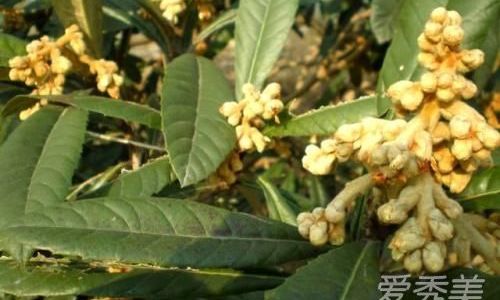
-
Combine with Other Herbs: For more severe coughs, consider combining loquat leaves with other cough-soothing herbs like ginger, licorice root, or thyme.
-
Listen to Your Body: While loquat tea is generally safe for most people, if you experience any adverse reactions, discontinue use and consult a healthcare professional.
-
Store Properly: If you’ve made a larger batch, store the leftover tea in a sealed container in the refrigerator. It can be reheated or consumed cold within 2-3 days.
Conclusion
Fresh loquat water is a time-honored remedy for cough relief, leveraging the natural medicinal properties of loquat leaves. By following the steps outlined in this article, you can easily prepare a soothing, effective tea that can alleviate cough symptoms and promote respiratory health. Whether you’re suffering from a seasonal cold or a lingering cough, loquat tea offers a gentle, natural alternative to traditional medications. Remember, while natural remedies can be beneficial, it’s always wise to consult with a healthcare provider if your cough persists or worsens, especially if accompanied by fever, difficulty breathing, or other severe symptoms. With proper care and the right remedies, you can soothe your cough and enjoy better overall health.
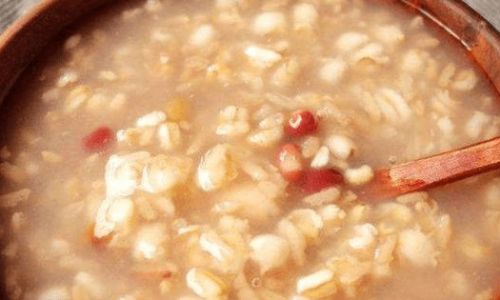
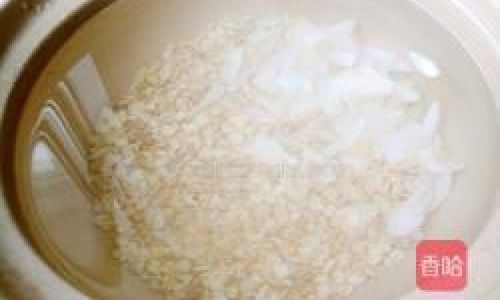
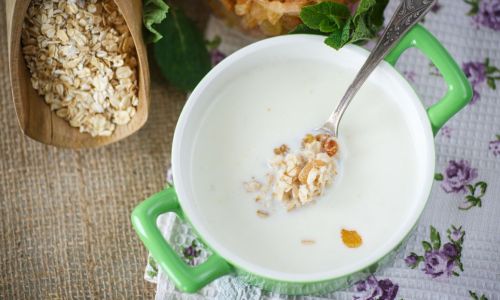
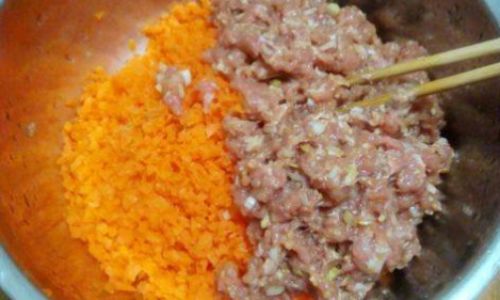

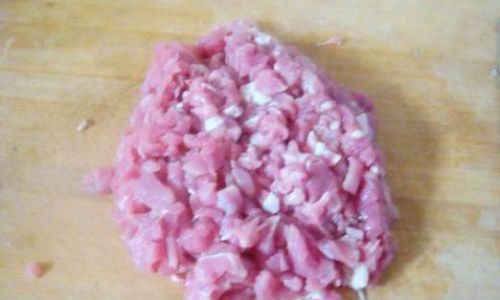
0 comments